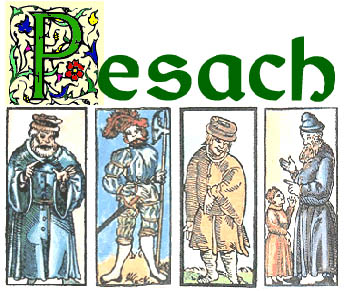Six months ago, I experienced the most significant health event of my life — a life previously marked by ridiculously good health. Like millions of others, I suffered an unexpected pulmonary embolism. In layman’s terms, I developed three blood clots in my lung, and it created an immediate threat to my life and a permanent vulnerability to future episodes.
I won’t recount all that happened six months ago, as I previously described events in great detail (http://tinyurl.com/3fm2x5k). The fact that I’m writing to you today tells you that I survived the experience. Almost a third of individuals die without immediate treatment, so I am one of the lucky ones. But perceptions of luck are relative, and my follow-up story is one of both counting my blessings and struggling with a new perspective about my health and my mortality.
On the Mend
Physically, I am definitely on the mend. After six months of recuperation, I am relatively pain-free. I still tire too easily and am unable to work out quite as much as I’d like or to travel as frequently.
My medical regimen consists primarily of taking Coumadin, a blood thinner, daily (or occasionally being injected with Claxane). I’m considered to be on it indefinitely at this point. I also make the rounds of various specialists, including a hematologist, a pulmonologist, gastroenterologist, have seen a cardiologist, as well as my general practitioner. As a preventive measure, I have cut back on travel, which is frustrating because travel is my business. And when I travel, I wear compression socks, although I feel pangs of embarrassment. Otherwise, I have no particular medical precautions and live a life that is very close to normal — whatever that means.
Confronting my Mortality
The most difficult struggles so far, once I got through the initial health crisis, have not been physical. Psychologically, I have had to adjust and continue to adjust to my self-perceptions. Throughout my life, I have taken care of my health, eating sensibly, working out diligently, and enjoying an active life. I’ve had to come to terms (or better said am trying to) with the fact that my body is not invulnerable, and that no matter how much I take care of myself, I can never be completely in control of my physical wellbeing.
I’ve also had to deal with the anxiety of having a condition that can reoccur, with fatal consequences. The risk of developing a new pulmonary embolism is reportedly less than 5% while I remain on the medication, although my risk remains greater than for the general population and increased with age. Statistics are dangerous to study, however. I’ve encountered other reports that cite death rates of 26% during the first year after a pulmonary embolism. As a result of my diagnosis, I am mindful of every slight pain that I get, vacillating between a desire to run to the doctor and to not over-react.
While dealing with the physical and emotional aftermath of my pulmonary embolism episode, our family suffered the loss of my brother-in-law to lymphoma. He died at the young age of 49, after an 18-month battle with the disease. His loss was particularly difficult to my wife Carol, and of course his death reinforced my increased awareness of our mortality.
The Months Ahead
While the last six months of adjustments have been difficult, they have not been without value. Coming to terms with my mortality increases my enjoyment of the life I do have, and came so close to losing. I know that I beat some impressive odds, and that knowledge helps me think of myself as a survivor, rather than a victim.
I’m also glad that I opened up about my experience. In response to the series of articles I published, I have heard over 100 stories from people who knew someone who had suffered a pulmonary embolism. Hundreds of other individuals have contacted me who were appreciative of the information provided about the disorder, about which they previously knew little, if anything (just like myself). Pulmonary embolism can be a sudden killer, but there are preventive measures that can often be taken, and recognition of the signs of an impending episode can lead to prompter medical attention. So I like to think that my experience, and the re-telling, may perhaps save a future life, even as mine was saved by an alert family member.
Finally, I know that the next six months will be better than the last. My health is now stable, my energy is increasing. There are countries to visit, tours to plan, family and friends to enjoy. My life awaits me, full of promise.
Stuart
December 26, 2011




